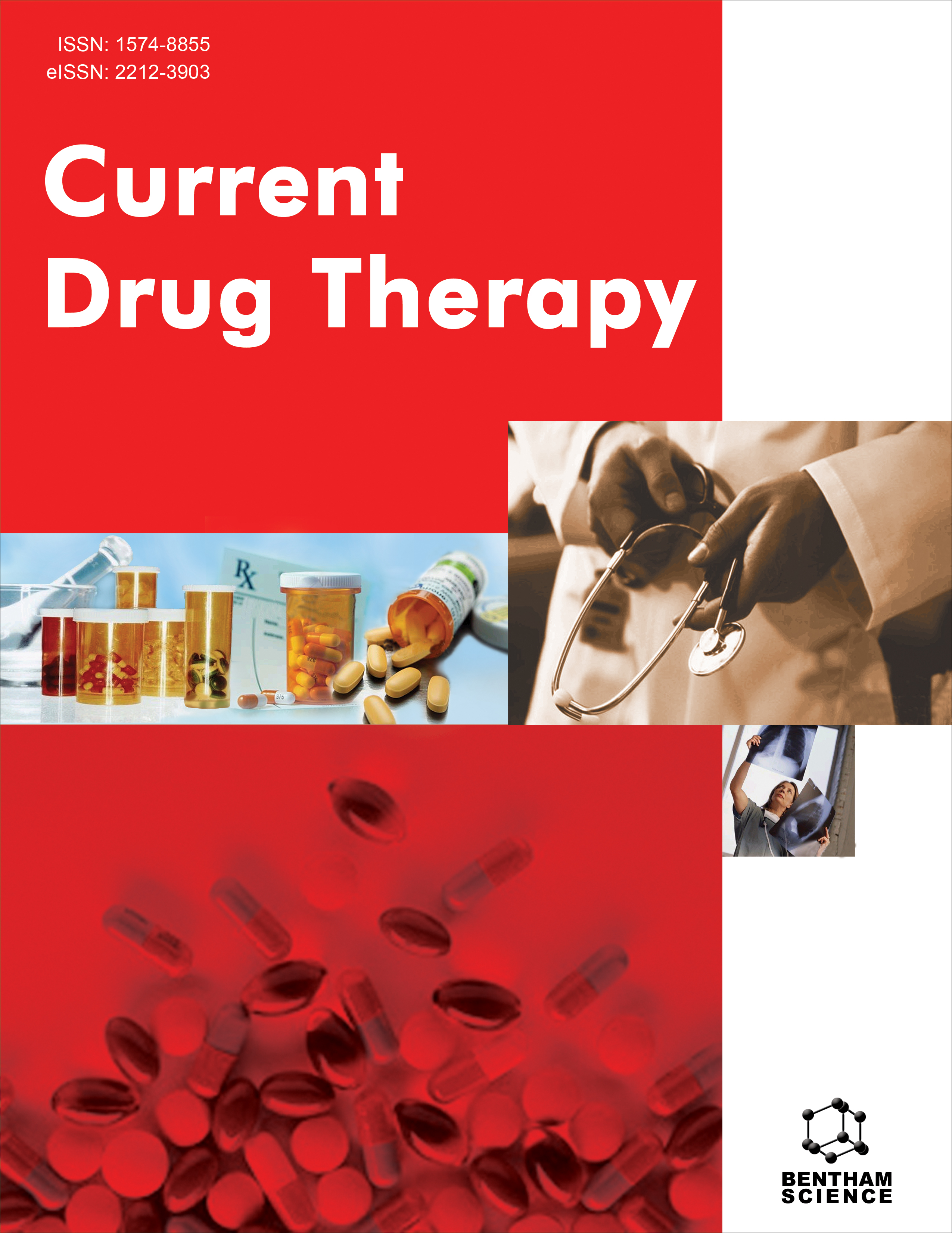-
s Transposon-Based Engineering of Clinical-Grade T Cells for Cancer Therapy
- Source: Current Drug Therapy, Volume 7, Issue 1, Mar 2012, p. 36 - 41
-
- 01 Mar 2012
Abstract
With the exception of viral-induced malignances such as cervical cancer, high-affinity proinflammatory T cells specific for tumor-associated antigens (TAA) are either deleted or rendered anergic as a consequence of central and peripheral tolerance. Reprogramming of peripheral blood-derived T cells while preserving their full functional potential to recognize and kill tumor cells is thus required to circumvent negative selection processes. One tactic for redirecting specificity is through genetic modification of T cells to express a chimeric antigen receptor (CAR) targeting a TAA such as CD19, which is expressed on B-lineage malignancies, and their subsequent adoptive transfer into cancer patients. Transposon-based gene transfer is an alternative method to retroviral transduction for integrating such transgenes into the T-cell genome. The Sleeping Beauty (SB) transposon system is a safe and low-cost technique for engineering T cells to express a CD19-specific CAR from a plasmid. This gene-transfer approach provides sufficient transgene integration for retrieval of clinically sufficient numbers of CAR+ T cells for clinical translation into the first-in-human clinical trial already enrolling patients.


